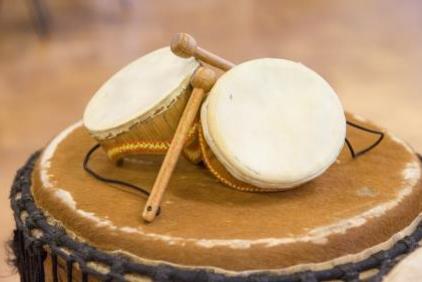Top Tips for Musical Instrument Care
Posted on 10th September 2020
It is important to understand how to look after musical instruments to ensure an optimum performance experience for players. Whilst the care of a violin is obviously different to that of a piano, there are some considerations that apply to all instruments. Here are MWC’s top tips on looking after your musical instruments.
Your instruments must be stored in an appropriate space where they are not too hot or cold, and will not be knocked over. Most instruments are made from wood and metal; some have strings at high tensions and many will react to extreme temperatures. Put the instruments in a place where there’s an even temperature and moderate level of humidity.
Never pile instruments on top of each other. Drumheads may look solid but they can be easily damaged if heavy or sharp objects are put on top of them. Violins have bridges which are easily damaged, woodwind instruments have delicate keys, and metal instruments can dent, affecting the tone.
Use the instruments regularly so students know how to use and treat them. This will mean the instruments work better, as the more an instrument is played, the more its materials open up to vibrations and resonances. MWC workshop leaders often discover a musical instrument trolley covered in dust at the back of a cupboard. Don’t let this be your cupboard.
Orchestral instruments need to be tuned whenever they are played. This needs to be done by someone who understands the instrument otherwise it can be easy to cause damage. Drums such as snare drums, tambourims and djembes also need tuning. Ask someone who knows how to tune drums to show you how to do this.
Pianos can only be tuned by a specialist piano tuner - a necessary and fairly inexpensive job. They need to be tuned regularly; more often for an older piano or one that is used a lot. You can find a qualified local piano tuner on the Pianoforte Tuners' Association website.
Always use a professional instrument repairer. You should never try and fix a damaged instrument yourself unless you are experienced in repairing instruments. Instrumental teachers report horror stories of cello bridges glued to the instrument, trombone slides fixed on with a nail and violin bows repaired with Sellotape. DIY repairs can cause permanent, irreversible damage and leave the instrument unplayable. If you don’t know where to find your local repairers, visit the website of The Association of Musical Instrument Repairers to find experts in your area.
Share this post:










